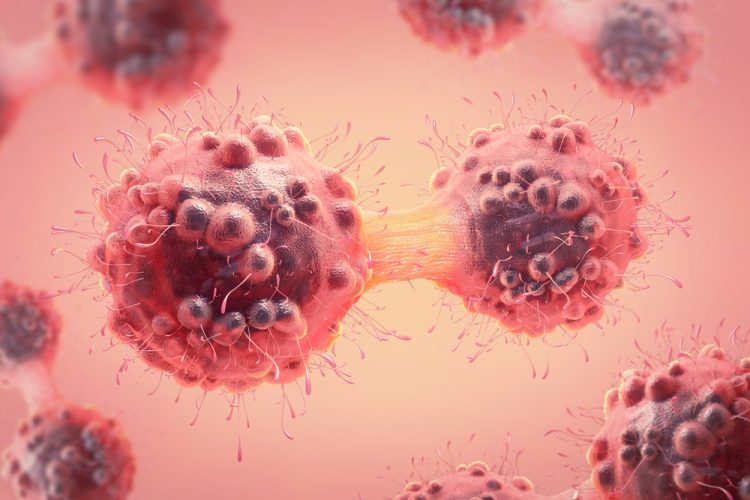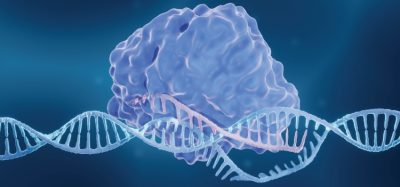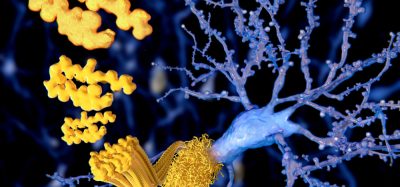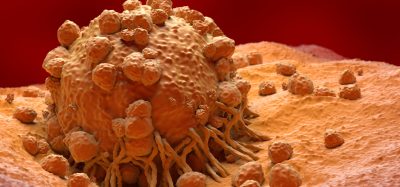Integrin αV and β5 partner to drive cancer cell growth
Posted: 7 February 2024 | Drug Target Review | No comments yet
A novel cellular mechanism has been uncovered with the use of CRISPR gene-tiling technology, which could advance oncologic therapies.

Researchers at the City of Hope, one of the largest cancer research and treatment organisations in the United States, have found a novel cellular mechanism that has a significant part in cancer cells’ ability to cause disease.
It is estimated that up to 1,100 different proteins live on the plasma membrane of the cancer cell. Many of these proteins’ biological functions may influence disease progression and therapeutic response. The region provides a useful collection of targets for medical intervention because there are many surface receptors and signalling proteins that can be engineered to help the delivery of cancer treatments.
Led by Dr Chun-Wei (David) Chen, an associate professor of systems biology at City of Hope, the team identified two cell-surface proteins, integrin αV and β5, that partner to drive cancer cell growth. Integrin αV and β5 belong to the integrin family, a group of cell-surface receptors that are essential for regulating cellular interactions, especially across cell membranes.
They then identified a region of integrin αV named the β-propeller domain that controls interaction between the two proteins. The team utilised CRISPR gene-tiling technology to discover potential cancer medicines that precisely target the β-propeller domain. The chemical compound Cpd_AV2 was recognised as a strong candidate and was therefore applied to human cancer cells in the laboratory. Integrin αV and β5 rapidly separated, dissolving communication between the two proteins and causing cellular death, effectively stopping growth in cancer cell lines.
The researchers found integrin αV overexpression in multiple cancer types, highlighting its lead role in cancer progression. High levels of integrin αV were also associated with a poor prognosis in 3,700 patients with cancers of the breast, lung, brain, pancreas and liver. These results indicate a powerful new approach for cancer treatment and future medicine discovery.
Dr Chen, who is also division director of epigenetic and transcriptional engineering at Beckman Research Institute of City of Hope, explained: “Our study showcases an innovative application of CRISPR gene-tiling technology, revealing previously undiscovered sites on proteins with the capacity to cause cancer…This breakthrough opens new avenues for the advancement of next-generation oncologic therapies, marking a significant milestone in City of Hope’s battle against cancer.”
This study was published in Nature Structural & Molecular Biology.
Related topics
Cancer research, CRISPR, Oncology, Protein, Therapeutics
Related conditions
Cancer, Cancer Research
Related organisations
City of Hope
Related people
Dr Chun-Wei (David) Chen (City of Hope)







